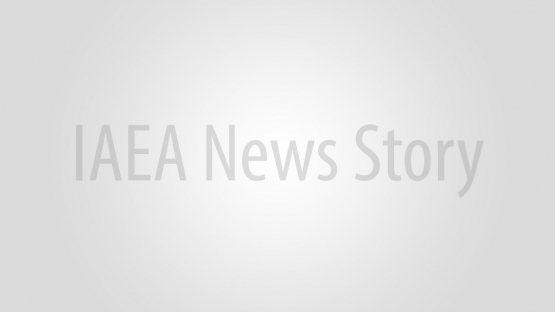An upcoming IAEA technical cooperation workshop on the application of positron emission tomography/computed tomography (PET/CT) and single-photon emission computed tomography (SPECT) in the diagnosis and treatment of non-communicable diseases has received international accreditation from European Accreditation Council for Continuing Medical Education (EACCME) and the European Union of Medical Specialists (UEMS). This accreditation, recognized in Europe and the United States of America, is reserved for training programmes which possess high-quality scientific content, which are free of commercial bias, and which take an appropriate educational approach.
Deploying nuclear techniques and technologies in the fight against non-communicable diseases (NCD) has long been a focus of the IAEA's work in human health. At present, NCDs are responsible for 60% of all deaths worldwide, and awareness of their threat to public health is growing. In concrete terms, this family of diseases–which includes not only cancer, but also cardiac, renal, and thyroid diseases—claim approximately 25 million lives each year. Fortunately, nuclear medicine is providing new diagnostic and treatment options for patients around the world. By supporting its Member States in developing skills in the use of radionuclides and in introducing useful nuclear techniques such as positron emission tomography/computed tomography(PET/CT) and single-photon emission computed tomography (SPECT), the IAEA can help improve healthcare outcomes for patients afflicted by NCDs.
According to World Health Organization (WHO) projections, the burden of non-communicable diseases will increase by 17% over the next 10 years, most significantly in low- and middle-income (LMI) countries, including in the Arab world. Of the IAEA Member States that are party to the Cooperative Agreement for Arab States in Asia for Research, Development and Training related to Nuclear Science and Technology (ARASIA), all have basic nuclear medicine facilities. However, most ARASIA members lack capacity to apply the newest, hybrid modalities such as SPECT/CT and PET/CT, and its emerging applications in the field of neurology and brain imaging. In order to close these human resource capacity gaps, the IAEA is implementing a new Strategic Capacity Building Approach, through a technical cooperation (TC) project in the Asia & the Pacific region, which aims to provide systematic, harmonized and standardized training programmes to improve the quality of human resources development. As a pilot phase, Nuclear Medicine was selected to apply and validate the principles of this approach. Within this context, the IAEA is organizing a workshop to apprise participants of the newest applications and capabilities of PET/CT and SPECT imaging techniques, with a particular emphasis on their utility in the fields of neurology. Scheduled to take place in Osaka, Japan from 23—27 May, and organized in cooperation with the Osaka University’s Graduate School of Medicine, the workshop will guide the participating experts through the interpretation of images, in cerebrovascular disease such as epilepsy, brain tumours and dementia including the optimization of doses.
The workshop’s comprehensive, didactic curriculum, and its emphasis on the unique needs of its participants, has received international accreditation for its efforts to enhance capacities among signatories of the ARASIA cooperative agreement. On March 25, after fulfilling rigorous requirements, the workshop was granted 26 European CME credits (ECMEC) by the European Accreditation Council for Continuing Medical Education (EACCME) and the European Union of Medical Specialists (UEMS).
This initiative is the first time that a live, TC-related educational event has received EACCME / UEMS accreditation. All participants who attend the meeting will receive a certificate which is recognized worldwide, and which is essential for their maintenance of professional certification. Moreover, in keeping with an agreement of mutual recognition between the UEMS and the American Medical Association (AMA), the certification of Member State experts in this workshop will likewise be recognized in the United States.
Recognition by the international scientific community reflects the Agency’s commitment to providing the highest quality education possible, in order to ensure the safe and secure application of nuclear technologies.


